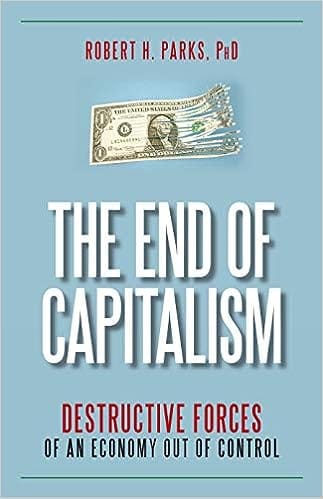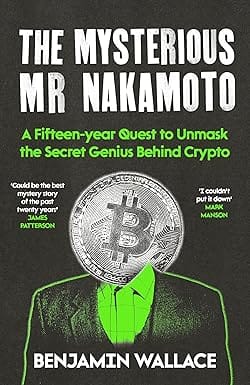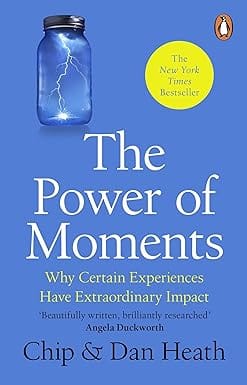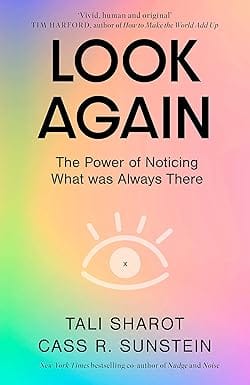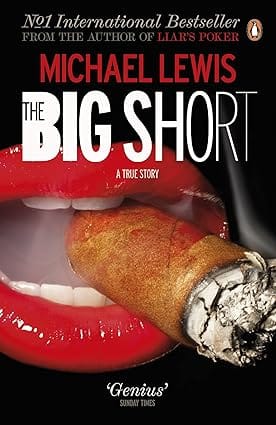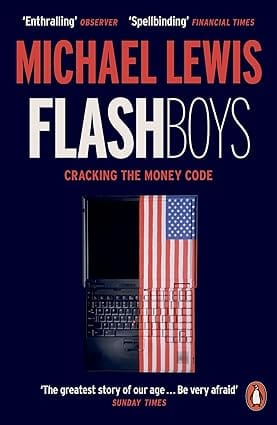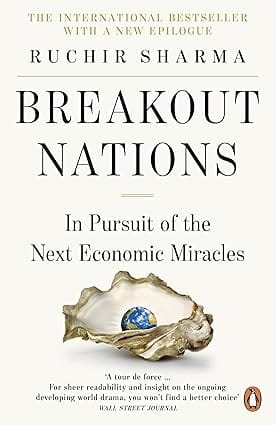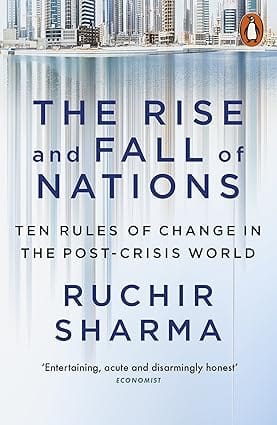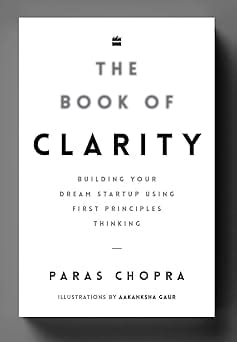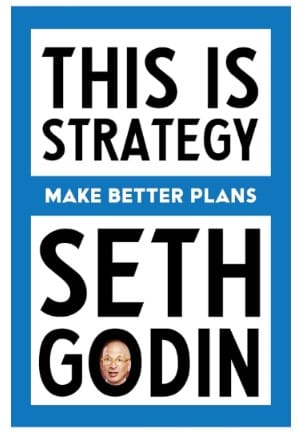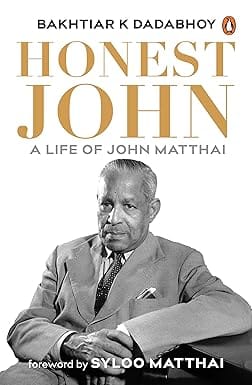WELCOME TO MIDLAND BOOK SHOP!
SHOP FOR
-
Contemporary Fiction
- Contemporary Fiction
-
Children
- Children
-
Comics & Graphic Novels
- Comics & Graphic Novels
-
Non-Fiction
- Non-Fiction
-
Fiction
- Fiction
Shop No.20, Aurobindo Palace Market, Hauz Khas, Near Church +91 9818282497 | 011 26867121
110016
New Delhi
IN
Midland The Book Shop ™
Shop No.20, Aurobindo Palace Market, Hauz Khas, Near Church +91 9818282497 | 011 26867121
New Delhi,
IN
+919871604786
https://www.midlandbookshop.com/s/607fe93d7eafcac1f2c73ea4/677cda367903fd013d69b606/without-tag-line-480x480.png"
[email protected]
9781591027171
64ce3b31aa6df87bd1ce054b
The End Of Capitalism
https://www.midlandbookshop.com/s/607fe93d7eafcac1f2c73ea4/64ce3b31aa6df87bd1ce0558/41s-leuqjal-_sx321_bo1-204-203-200_.jpg
9781591027171
US capitalism has long been ranked first among nations in production, jobs, wealth, power, and individual freedom. Is this level of preeminence likely to continue? In this candid, sobering assessment of our current fiscal maladies, economist Robert H. Parks explains why he predicts capitalism is now rushing to its demise.
A strong opponent of the supply-side, trickle-down economics that has been in vogue under conservative presidents, Parks argues that bottom-up stimulus and big government spending still have an important role to play in bringing greater prosperity to all US citizens. Citing the stellar examples of the financing of World War II, the use of fiscal and monetary tools to end the Great Depression, social security, and the G.I. Bill, Parks advocates public works programs to rebuild our crumbling infrastructure, improve our public school system, and other vital projects. To critics who object that deficit financing would be inflationary, he counters that the present inadequate system is already producing severe oil and food price inflation, even as house prices continue to plunge.
Among the other urgent problems that the federal government must tackle, Parks addresses the need to curb societal violence and the murder rate through gun control, the worldwide threat from nuclear proliferation through government’s leadership in promoting disarmament measures, corruption of government by business through influence-peddling, environmental protection, and, most of all, "the military, industrial, and big oil complex." Parks identifies energy cartels and the armament industry as the "dangerous and secret links of major industries to government officials, corporate executives, and military commanders." He asserts that the loosely regulated manufacture of weapons together with the virtual monopoly over oil production and gas prices constitutes the greatest threat to the welfare, not only of capitalism, but also of global society in the future.
This stern jeremiad from an experienced economics forecaster, who correctly predicted the "mini-depression" of 1981-82, is a call for drastic change in our national agenda and policy making.
A strong opponent of the supply-side, trickle-down economics that has been in vogue under conservative presidents, Parks argues that bottom-up stimulus and big government spending still have an important role to play in bringing greater prosperity to all US citizens. Citing the stellar examples of the financing of World War II, the use of fiscal and monetary tools to end the Great Depression, social security, and the G.I. Bill, Parks advocates public works programs to rebuild our crumbling infrastructure, improve our public school system, and other vital projects. To critics who object that deficit financing would be inflationary, he counters that the present inadequate system is already producing severe oil and food price inflation, even as house prices continue to plunge.
Among the other urgent problems that the federal government must tackle, Parks addresses the need to curb societal violence and the murder rate through gun control, the worldwide threat from nuclear proliferation through government’s leadership in promoting disarmament measures, corruption of government by business through influence-peddling, environmental protection, and, most of all, "the military, industrial, and big oil complex." Parks identifies energy cartels and the armament industry as the "dangerous and secret links of major industries to government officials, corporate executives, and military commanders." He asserts that the loosely regulated manufacture of weapons together with the virtual monopoly over oil production and gas prices constitutes the greatest threat to the welfare, not only of capitalism, but also of global society in the future.
This stern jeremiad from an experienced economics forecaster, who correctly predicted the "mini-depression" of 1981-82, is a call for drastic change in our national agenda and policy making.
About the Author
Robert H. Parks, PhD (New York, NY) is former professor of finance in the Department of Finance and Graduate Economics at the Lubin School of Business, Pace University, in New York City. He served as managing director and chief economist of Robert H. Parks & Associates, Inc. For many years, he wrote The Money and Capital Markets Monitor for institutional investment officers, graduate students, faculty, and the press. He is the author of Unlocking the Secrets of Wall Street, among other works.
out of stock
INR
1856
1
1
Email ID already exists!
Your Current password is incorrect
Password Updated Successfully
Thanks for your Feedback
- Home
- Business and Management
- The End Of Capitalism
The End Of Capitalism
ISBN:
9781591027171
₹1,856
₹2,317
(20% OFF)
SIZE GUIDE
Back In Stock Shortly - Fill The Book Request Form
Sold By:
Hauz Khas - Aurobindo Market
Details
- ISBN: 9781591027171
- Author: Robert H Parks
- Publisher: Prometheus Books
- Pages: 504
- Format: Hardback
Book Description
US capitalism has long been ranked first among nations in production, jobs, wealth, power, and individual freedom. Is this level of preeminence likely to continue? In this candid, sobering assessment of our current fiscal maladies, economist Robert H. Parks explains why he predicts capitalism is now rushing to its demise.
A strong opponent of the supply-side, trickle-down economics that has been in vogue under conservative presidents, Parks argues that bottom-up stimulus and big government spending still have an important role to play in bringing greater prosperity to all US citizens. Citing the stellar examples of the financing of World War II, the use of fiscal and monetary tools to end the Great Depression, social security, and the G.I. Bill, Parks advocates public works programs to rebuild our crumbling infrastructure, improve our public school system, and other vital projects. To critics who object that deficit financing would be inflationary, he counters that the present inadequate system is already producing severe oil and food price inflation, even as house prices continue to plunge.
Among the other urgent problems that the federal government must tackle, Parks addresses the need to curb societal violence and the murder rate through gun control, the worldwide threat from nuclear proliferation through government’s leadership in promoting disarmament measures, corruption of government by business through influence-peddling, environmental protection, and, most of all, "the military, industrial, and big oil complex." Parks identifies energy cartels and the armament industry as the "dangerous and secret links of major industries to government officials, corporate executives, and military commanders." He asserts that the loosely regulated manufacture of weapons together with the virtual monopoly over oil production and gas prices constitutes the greatest threat to the welfare, not only of capitalism, but also of global society in the future.
This stern jeremiad from an experienced economics forecaster, who correctly predicted the "mini-depression" of 1981-82, is a call for drastic change in our national agenda and policy making.
A strong opponent of the supply-side, trickle-down economics that has been in vogue under conservative presidents, Parks argues that bottom-up stimulus and big government spending still have an important role to play in bringing greater prosperity to all US citizens. Citing the stellar examples of the financing of World War II, the use of fiscal and monetary tools to end the Great Depression, social security, and the G.I. Bill, Parks advocates public works programs to rebuild our crumbling infrastructure, improve our public school system, and other vital projects. To critics who object that deficit financing would be inflationary, he counters that the present inadequate system is already producing severe oil and food price inflation, even as house prices continue to plunge.
Among the other urgent problems that the federal government must tackle, Parks addresses the need to curb societal violence and the murder rate through gun control, the worldwide threat from nuclear proliferation through government’s leadership in promoting disarmament measures, corruption of government by business through influence-peddling, environmental protection, and, most of all, "the military, industrial, and big oil complex." Parks identifies energy cartels and the armament industry as the "dangerous and secret links of major industries to government officials, corporate executives, and military commanders." He asserts that the loosely regulated manufacture of weapons together with the virtual monopoly over oil production and gas prices constitutes the greatest threat to the welfare, not only of capitalism, but also of global society in the future.
This stern jeremiad from an experienced economics forecaster, who correctly predicted the "mini-depression" of 1981-82, is a call for drastic change in our national agenda and policy making.
About the Author
Robert H. Parks, PhD (New York, NY) is former professor of finance in the Department of Finance and Graduate Economics at the Lubin School of Business, Pace University, in New York City. He served as managing director and chief economist of Robert H. Parks & Associates, Inc. For many years, he wrote The Money and Capital Markets Monitor for institutional investment officers, graduate students, faculty, and the press. He is the author of Unlocking the Secrets of Wall Street, among other works.
User reviews
NEWSLETTER
Subscribe to get Email Updates!
Thanks for subscribing.
Your response has been recorded.

India's Iconic & Independent Book Store offering a vast selection of books across a variety of genres Since 1978.
"We Believe In The Power of Books" Our mission is to make books accessible to everyone, and to cultivate a culture of reading and learning. We strive to provide a wide range of books, from classic literature, sci-fi and fantasy, to graphic novels, biographies and self-help books, so that everyone can find something to read.
Whether you’re looking for your next great read, a gift for someone special, or just browsing, Midland is here to make your book-buying experience easy and enjoyable.
We are shipping pan India and across the world.
For Bulk Order / Corporate Gifting
 +91 9818282497 |
+91 9818282497 |  [email protected]
[email protected]
Click To Know More
INFORMATION
POLICIES
ACCOUNT
QUICK LINKS
ADDRESS
Midland Book Shop - Hauz Khas
Shop No.20, Aurobindo Palace Market, Near Church, New Delhi
Shop No.20, Aurobindo Palace Market, Near Church, New Delhi

